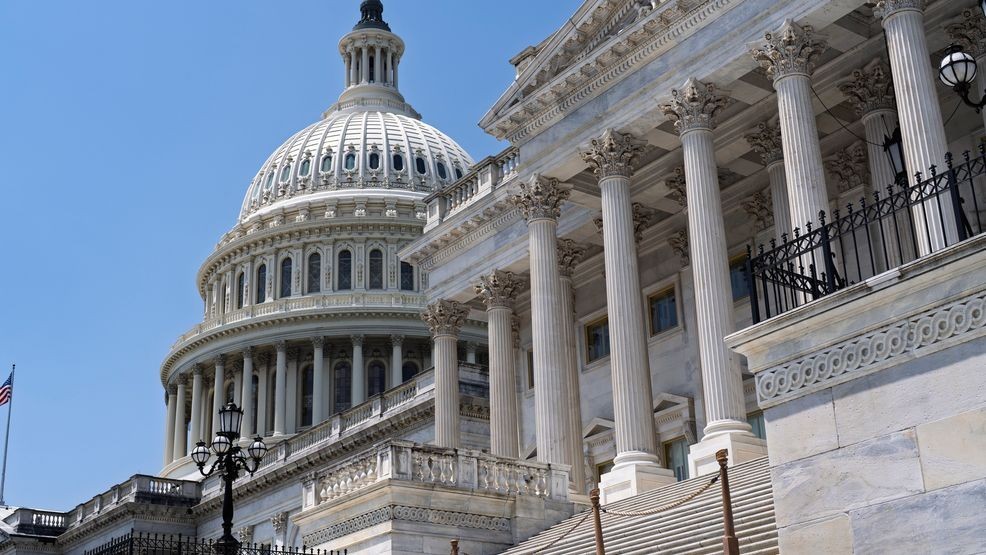The recently enacted legislation by former President Donald Trump has stirred considerable discussion across the political landscape. This sweeping bill, signed into law, primarily extends tax cuts initially introduced during his first term in 2017. These tax reductions were originally set to expire, but now they will remain in place, funded largely through significant adjustments to Medicaid and food assistance programs.
Understanding the timeline for when these changes will take effect is crucial for citizens and policymakers alike. Dr. Dave Richards, a respected political analyst with ABC 13, provided insights on this matter. According to Richards, the effects of this spending bill won’t be felt immediately. Notably, modifications related to Medicaid are slated to begin implementation only towards the end of 2026, indicating that there will be a gradual rollout of its provisions.
This phased approach suggests that many aspects of the bill will unfold over an extended period. As such, it could be several years before the broader impacts of other components of the bill become apparent. Richards emphasized that predictions regarding immediate negative consequences from the bill are unlikely to materialize quickly due to the deliberate pace at which the bill’s provisions are designed to roll out.
One notable aspect of the bill involves the continuation of existing tax cuts. Many of the tax relief measures included in the new law are not novel; rather, they extend benefits that were scheduled to sunset. Therefore, taxpayers should not anticipate drastic alterations in their current financial situations stemming from these extensions alone.
The decision to fund these ongoing tax cuts through reductions in Medicaid and food assistance programs has sparked debate. Critics argue that these cuts could potentially undermine support systems critical for vulnerable populations. However, proponents of the bill view the extension of tax cuts as essential for sustaining economic growth and maintaining consumer confidence.
As discussions around the bill continue, it remains important for the public to stay informed about how these legislative changes might affect them personally. While the immediate effects may not be dramatic, the long-term implications of altered federal spending priorities could have lasting impacts on both individual households and national fiscal health.
In summary, while the signing of this major bill represents a significant policy shift, its real-world effects will likely unfold gradually. The strategic timing built into the bill’s framework allows for a measured adjustment period, giving both government agencies and citizens time to adapt to the new financial landscape shaped by these legislative choices.







